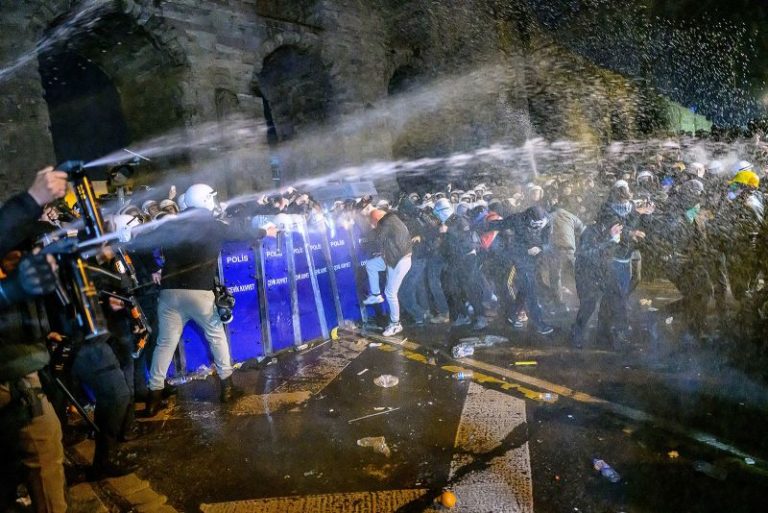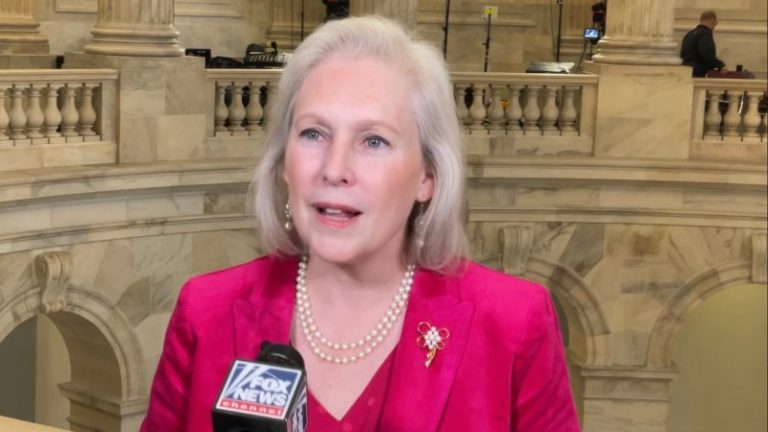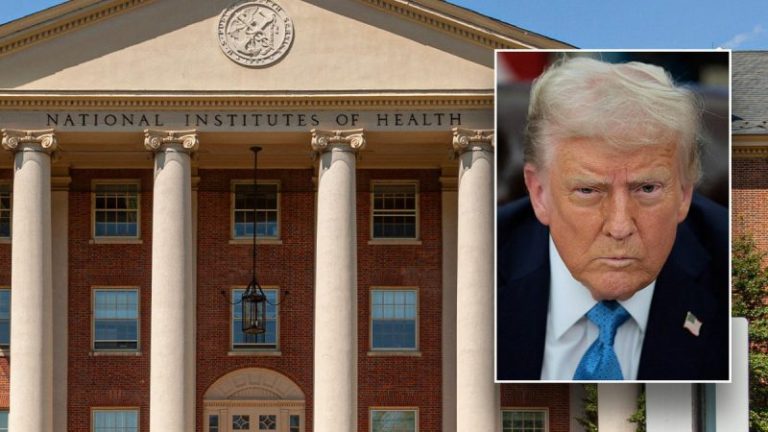The southern Ukrainian port city of Odesa was engulfed in flames late Thursday after being struck by a large-scale Russian drone attack, hours after US President Donald Trump expressed optimism about ending the war and as peace talks are set to resume on Monday.
Trump – who recently held separate phone calls with Russian President Vladimir Putin and Ukraine’s leader Volodymyr Zelensky on implementing a partial ceasefire – projected optimism about reaching an end to the war on Thursday, saying “we’re doing pretty well in that regard.”
Delegations from Russia and the US are expected to resume talks on ending the war on Monday in Saudi Arabia, both countries’ officials said, following an earlier round of talks in February.
Zelensky said a team from Ukraine will also attend, with parallel meetings likely to take place, and urged Putin to “stop making unnecessary demands that only prolong the war.”
“I believe we’ll get it done. We’ll see what happens,” Trump said on Thursday, referring to the talks.
Hours after Trump spoke, Russia launched a “massive” drone attack on Odesa, hitting civilian targets and injuring at least three people, including a minor, local officials said.
A high-rise residential building and a shopping center were among the targets, local governor Oleh Kiper said.
Czech President Peter Pavel was in the port city on an official visit at the time of the attack, Ukrainian official Oleksiy Kuleba said.
Meanwhile, Russian assaults wounded at least five others near the southern city of Zaporizhzhia on Thursday, local governor Ivan Fedorov said.
Nearly 200 drones also hit the Kirovohrad region in central Ukraine overnight into Thursday, wounding 10 people, including four children, and damaging homes, a church, and key infrastructure, Zelensky said.
“Russian strikes on Ukraine do not stop, despite their propaganda claims. Every day and every night, nearly a hundred or more drones are launched, along with ongoing missile attacks. With each such launch, the Russians expose to the world their true attitude towards peace,” Zelensky said Thursday on X.
Ukraine and Russia have exchanged aerial assaults in the days since the Kremlin agreed to temporarily halt attacks on energy infrastructure targets, but stopped short of signing off on a broader ceasefire sought by the US.
Overnight into Thursday, Ukraine struck a military airfield deep inside Russian territory, sparking a huge explosion and destroying nearby houses, Russian and Ukrainian officials said.
Ukraine’s military confirmed it was behind the attack on Engels airbase – more than 465 miles from the Ukrainian border – saying it targeted the airbase because it is used by Russia’s air force “to launch missile strikes on the territory of Ukraine and terrorist attacks against the civilian population.”
Zelensky on Wednesday accused Putin of already breaking his pledge, saying that Russia attacked Ukraine with 150 drones, including strikes on energy facilities.
Zelensky has said he is “ready” to pause attacks on Russia’s energy and civilian infrastructure, saying his team will prepare a list of civilian targets to be included in a future deal.
Ukraine “unconditionally agrees” to a ceasefire, but is “waiting for the aggressor to agree,” Zelensky said Thursday while speaking at a press conference in Norway.
Putin announced the halt on energy infrastructure attacks on Tuesday after a lengthy call with Trump. “Vladimir Putin responded positively to this initiative and immediately gave the Russian military the corresponding order,” a Kremlin readout said.
As part of its demands for a broader ceasefire, the Kremlin laid out several tough conditions that Putin had previously insisted on – such as a halt to all foreign military aid and intelligence to Kyiv, and a halt to any Ukrainian mobilization or rearming during that period.
Zelensky spoke to European leaders on Thursday as they reaffirmed their support for Ukraine, calling on other Western leaders to match words of support for Kyiv with deeds, as Trump escalates his courting of Russia.
“The stronger they are on the battlefield, the stronger they are behind the negotiation table,” the European Union’s top diplomat Kaja Kallas said of the Ukrainians, according to Reuters.
The meetings in Saudi Arabia’s capital Riyadh on Monday are designed for US and Russian officials to hammer out more specific language on the deal reached by Trump and Putin, as well as other areas of negotiation toward a full ceasefire. The talks won’t involve Cabinet-level US officials, the State Department said Wednesday.
This story has been updated with additional information.
Correction: This story has been updated to correct the name of the Ukrainian official Oleksiy Kuleba.










